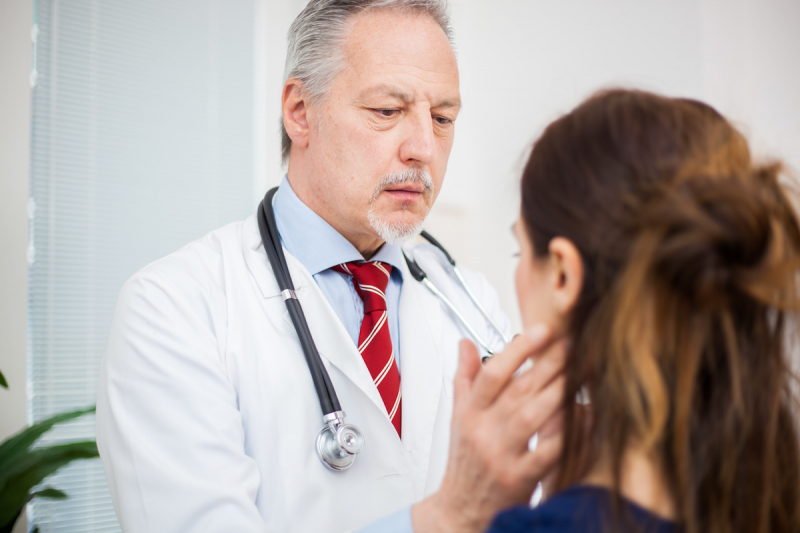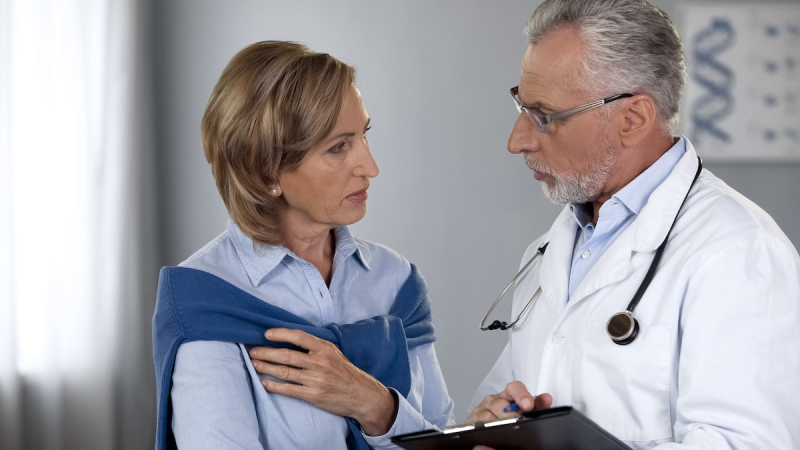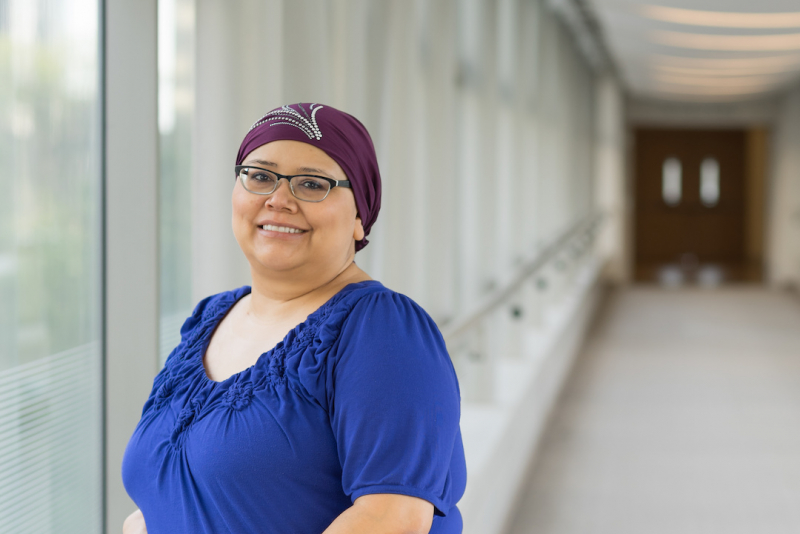Blog

Fertility for Cancer Survivors
For a man or woman in their childbearing years, a cancer diagnosis can come with a scary thought: will having children be possible? Fortunately, with improvements in treatment and fertility preservation options, having a baby after remission can become a reality for many cancer survivors. The Risks of Infertility After Cancer When it comes to whether or not you’re at risk for infertility after cancer, there really is no one-size-fits-all answer. Overall, the chances of remaining fertile depend on a variety of factors including the cancer type, the treatments you received, how your body...

The Importance of Breast Cancer Research
Even though statistics show 1 in 8 U.S. women will be diagnosed with breast cancer, there is hope on the horizon. Overall, survival rates continue to rise and women are living longer after beating the disease. In order to keep this momentum, however, which can lead to improved care and better outcomes, it’s necessary to continue advancing our understanding of the disease through research. Breast cancer research opens the door to finding better ways to prevent, detect, and treat breast cancer, and to improve the quality of life of both cancer patients and survivors. From studying...

Yoga for Breast Cancer Patients
If you're recovering from breast cancer, the medicines that are part of your treatment program can have unwanted effects. You and your oncologist have chosen a path for your breast cancer treatment, but it's also important to add things to your routine that will help you feel better both mentally and physically. These are called complementary therapies. Yoga is an exercise and breathing therapy that has been proven to help breast cancer patients and survivors. What is Yoga? Originating in India over 5,000 years ago, yoga began as a complete lifestyle that combined exercise...

Circle of Love & Hope: Mareta’s Story
By: Lori McNeill Do you ever feel like you were meant to do something ... as if your life has guided you toward serving a particular purpose? Or even that you’ve come full circle from one point in your life to a similar place, but as a changed person from the journey? “I’m a spiritual person, and I believe God brought me full circle,” said Mareta Childs, Founder and Executive Director of Loving Hands of Healing Hope, a Tucson non-profit that provides spa services to those going through cancer treatments. Mareta does seem to have come full circle to bring an idea to fruition: from supporting...

7 Skin Cancer Prevention Tips to Protect Yourself from the Sun’s Harmful UV Rays
Skin cancer is the most common form of cancer in this United States, but it is also one of the most preventable. With the heat and activity of the summer months still upon us, it is important to be proactive in protecting your skin from the sun and other sources of ultraviolet (UV) radiation. UV rays are invisible to the naked eye and are more intense in the summer, at higher altitudes, and in areas closer to the equator. Overexposure to ultraviolet radiation from the sun causes sunburn (erythema), skin cancer, premature aging (skin wrinkling), cataracts (gradual clouding of the...

Prostate Cancer vs. Testicular Cancer: Do You Know the Difference?
Prostate cancer and testicular cancer are two different diseases affecting the male reproductive system. These cancers occur in two different locations and commonly affect men at different stages of their life. Because of these differences, it’s important for ALL men to learn as much as they can so they can take the appropriate steps toward early detection. What is Prostate Cancer? Prostate cancer is cancer that occurs in the prostate, the small walnut-shaped gland in men that produces the seminal fluid that nourishes and transports sperm. It is the most common cancer with...

Pay Attention to Your Lymph Nodes for Signs of Cancer
Lymph nodes (also called lymph glands) are an important are part of your immune system. If your lymph nodes become enlarged or feel sensitive to the touch, that is their way of letting you know that your body is fighting an infection. In addition to that, they function as an early warning system for some types of cancer, including lymphoma, leukemia, and breast cancer. What are Lymph Nodes? The lymphatic system is a major part of our body’s immune system, which consists of lymphatic vessels and lymph nodes. Its primary function is to help rid the body of toxins, waste, and other...

What You Should Know About Inflammatory Breast Cancer
Inflammatory breast cancer is a rare but aggressive form of breast cancer. This cancer, which accounts for 1% to 5% of all breast cancer diagnoses in the United States, forms in the cells that line the breasts’ milk ducts, but quickly spreads to nearby lymph nodes and sometimes, to other tissues in the body. The cancer is called “inflammatory” because the cancer cells usually block the lymph vessels in the breast. This blockage causes a buildup of fluid, which then leads to inflammation that is usually red and tender to the touch. How Does Inflammatory Breast Cancer Differ From...

HPV and Cervical Cancer: What’s the Connection?
When it comes to cervical cancer, nearly all cases are caused by exposure to the human papillomavirus, or HPV. Thankfully, cervical cancer is almost always preventable. Understanding more about HPV and cervical health, in general, can greatly help in the prevention of this kind of cancer. Here’s some important information every woman should know. HPV: The Root Cause of Cervical Cancer Cervical cancer is a disease that forms in the tissues of a woman’s cervix. The cervix is the lower part of the uterus (womb) that connects to the vagina (birth canal). According to the National...

To Wig or Not to Wig?
Some cancer patients face hair loss, also known as alopecia, as a result of cancer treatment. While this is a common side effect, losing one’s hair can still be a significant emotional challenge. The good news is that this change in appearance usually doesn’t last forever. Most cancer patients see hair re-growth begin shortly after they are finished with treatment. Until that time, however, many people turn to head coverings such as scarves and wigs to help them cope during this transition. Initially, the thought of wearing a wig may seem worrisome. There may be some concerns about...


